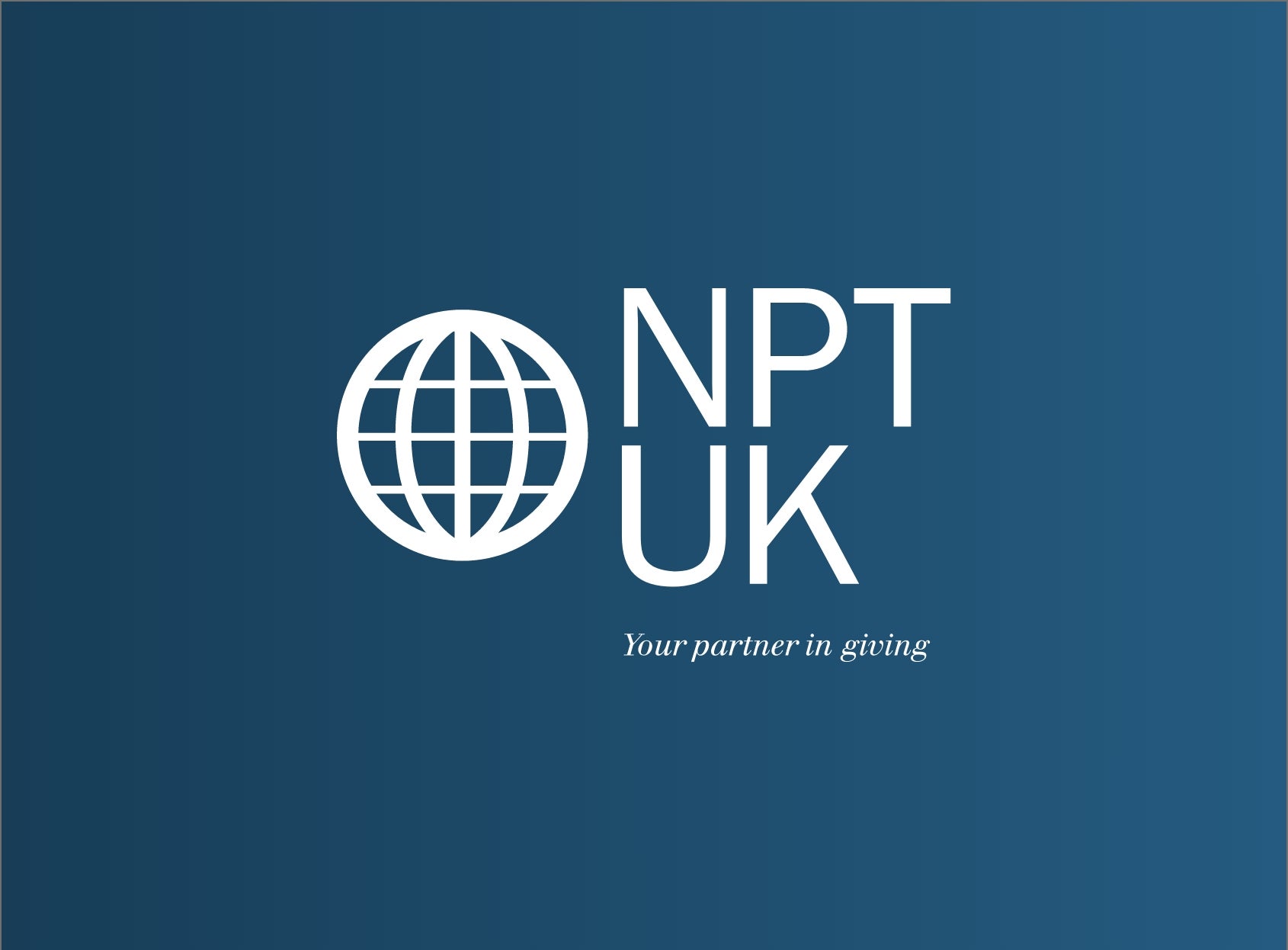Five Ways DAFs can be Used as Companion Vehicles to your Clients’ Charitable Trusts

Although there is a long-standing tradition in the private client world of using charitable trusts and foundations to manage client philanthropy, in the past 20 years, donor-advised funds have seen spectacular growth in popularity. Often, private client advisors view a DAF as an alternative option to a foundation—when in fact, donors can use them both as complementary vehicles to accomplish different purposes.
Here are five top reasons why clients who already have a charitable foundation may consider opening a DAF as a companion vehicle:
- Ease of set-up: Your clients may set up a DAF within days, and as soon as the DAF account is open, they can immediately make charitable contributions and recommend grants. Because a DAF is not a separate legal entity, administrative and compliance costs are minimal.
- Privacy and anonymity: With a DAF, your clients may recommend grants anonymously. This may be useful for clients who may wish to retain privacy around their giving.
- Geographic or issue differences: Many charitable foundations have specific charitable missions, or areas of geographic focus. By opening a complementary DAF, your clients can continue supporting that mission from their foundation, but still have the flexibility to recommend grants to support different issues or regions. Additionally, NPT UK is specifically set up to perform the necessary due diligence on international grants and to facilitate these and other complex grantmaking arrangements; your clients may wish to use an NPT UK DAF to manage their international grants in order to free up the administrative burden on their private foundations.
- Impact investing: As we discussed in a previous blog post, philanthropists are increasingly investing charitable assets for both financial and social impact return—and an NPT UK DAF makes impact investing easy. Clients who wish to try out impact investing using NPT UK’s menu of impact offerings without disrupting their private foundation’s investment portfolio may set up a complementary DAF with the specific goal of making impact investments.
- Succession planning: Some clients plan to appoint their children to the board of their family foundations in the future to carry on a family tradition of giving. Many parents create DAF accounts for their children to allow them to gain experience in philanthropy and grantmaking early on. This gives them the opportunity to make decisions about how philanthropic assets are managed outside of the family structure and offers a kind of training before they take on the responsibility of trusteeship.
Advisors often make the mistake of seeing charitable foundations as being in opposition to DAFs, and thinking that they need to recommend one structure over the other. However, the best solution for your client might be having both structures work alongside each other and drawing on the strengths each vehicle has to offer.
For more information about how NPT UK can support your clients’ philanthropy, contact us at enquiries@www.nptuk.org.
NPT UK does not provide legal or tax advice. This blog post is for informational purposes only and is not intended to be, and shall not be relied upon as, legal or tax advice. The applicability of information contained here may vary depending on individual circumstances.
To download a PDF of this blog post, click below:


